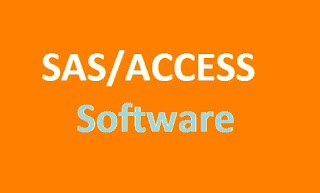TOP 10 (Most Powerful) PROC SQL Functions
TOP 10 PROC SQL Functions PROC SQL is not only one of the many SAS procedures and also a distinctive subsystem with all common features from SQL (Structured Query Language). Equipped with PROC SQL, SAS upgrades to a full-fledging relational database management system. PROC SQL provides alternative ways to manage data other than the traditional DATA Step and SAS procedures. In addition, SAS’s built-in functions are the add-on tools to increase the power of PROC SQL. In this paper, we illustrate ten popular SAS functions, which facilitate the capacity of PROC SQL in data management and descriptive statistics. INTRODUCTION Structured Query Language (SQL) is a universal computer language for all relational database management systems. PROC SQL is the implementation of the SQL syntax in SAS. It first appeared in SAS 6.0, and since then has been widely used for SAS users. PROC SQL greatly increases SAS’s flexibility in handling data, especially for

